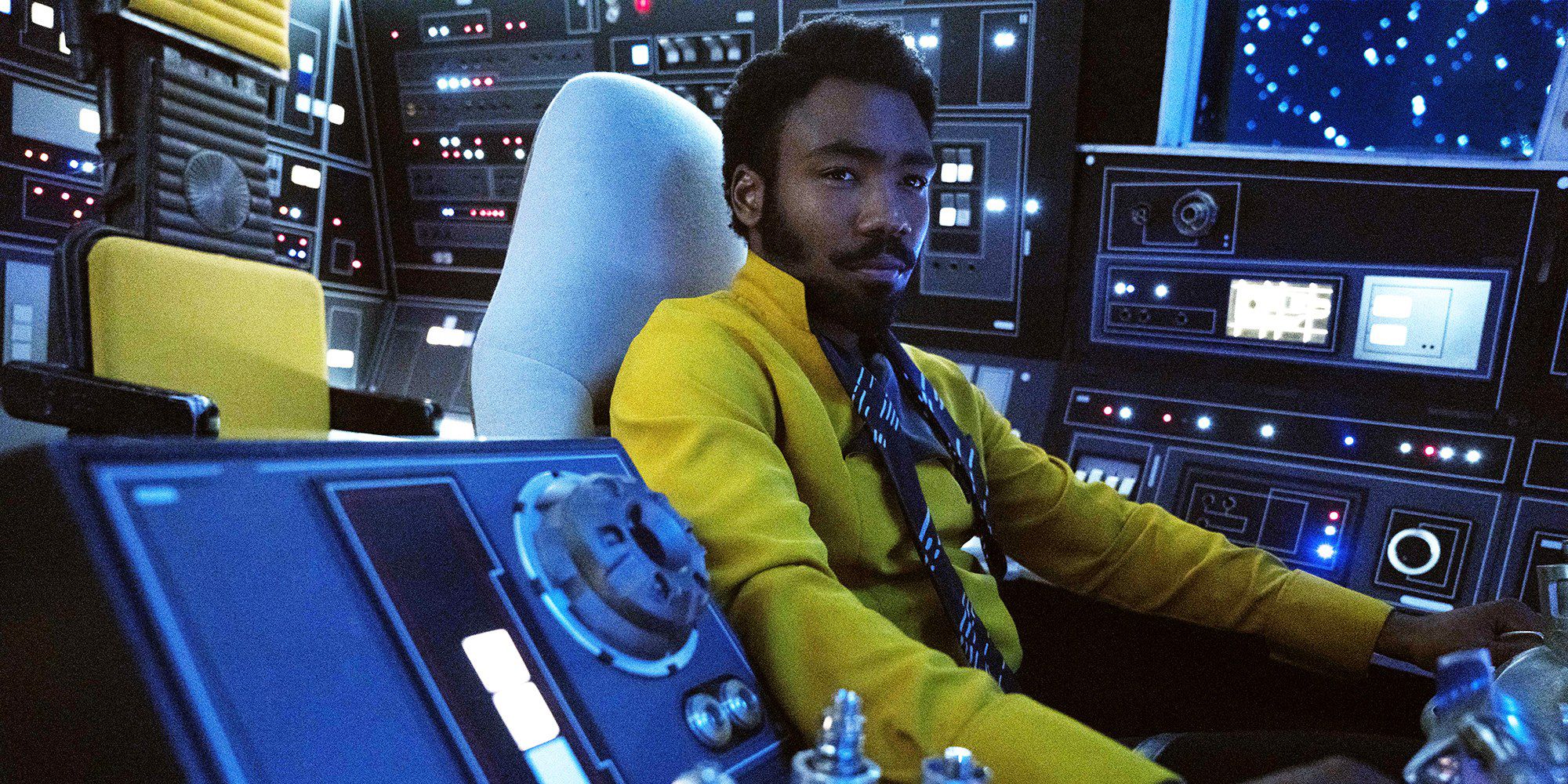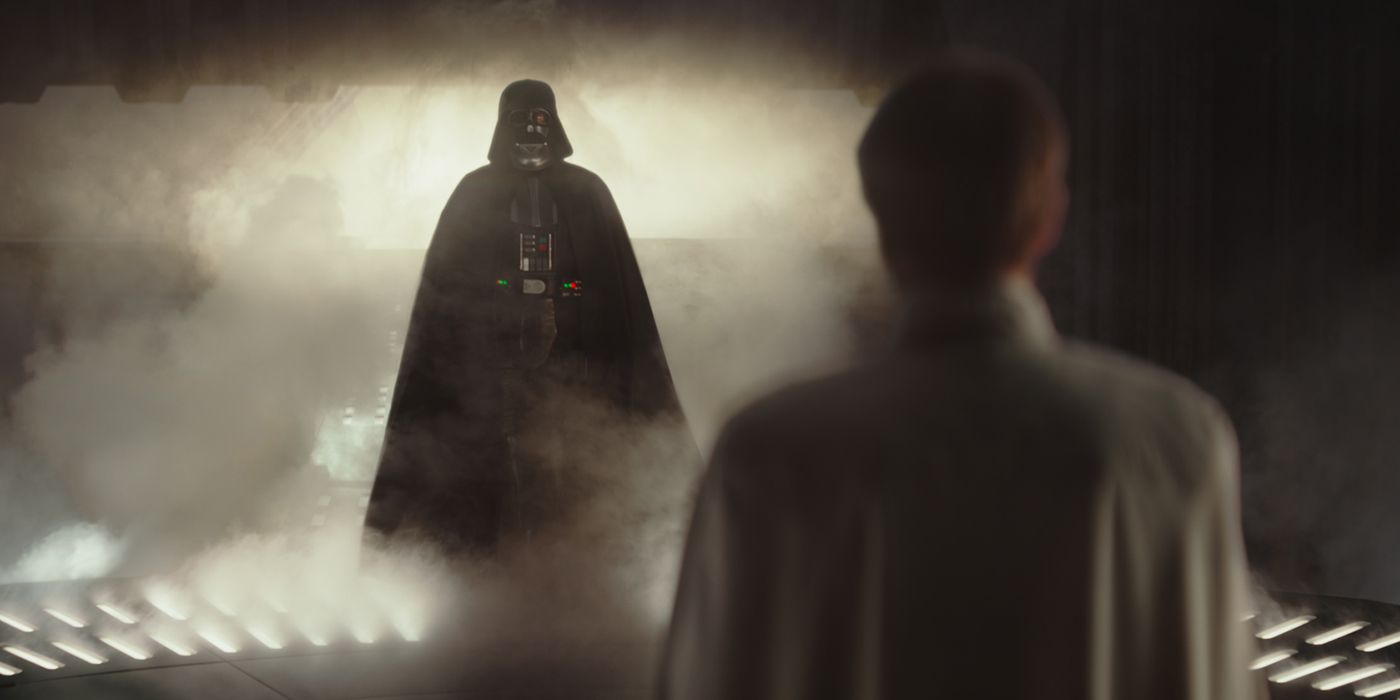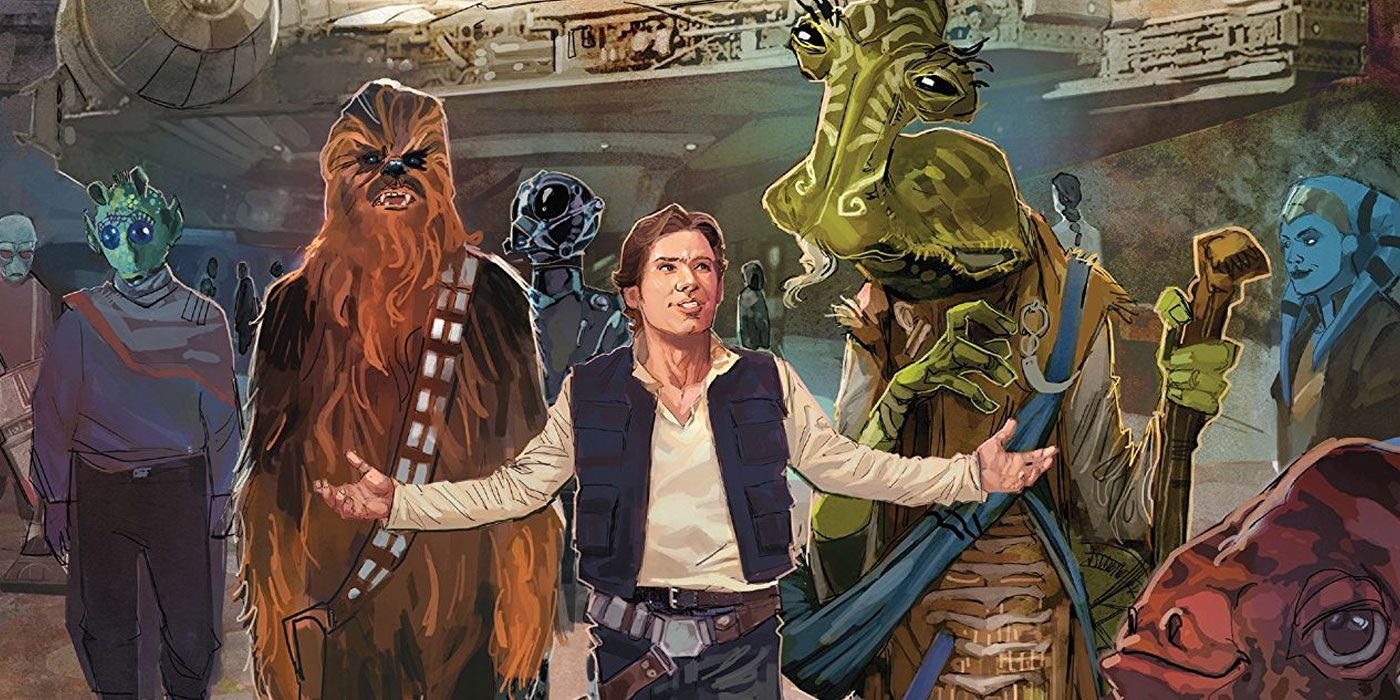At Star Wars Celebration 2019, Kathleen Kennedy, President of Lucasfilm, said: "We have to be careful that there is a cadence to Star Wars that doesn't start to feel like too much."
She spoke, of course, in regards to the failed plans to release a Star Wars film every year. While the main episodes have been popular with audiences, it is undeniable that Rogue One: A Star Wars Story and Solo: A Star Wars Story met with a chilled response. Solo is noteworthy for being the only Star Wars film ever to not turn a profit.
Some franchises overcommit to a flawed plan and ruination swiftly follows, but Star Wars is bigger than that. The newly announced slate of Disney films indicates that Star Wars will be getting one film release every other December starting 2022. This indicates that Lucasfilm hasn't just learned its lesson from Solo, it's evolving beyond it.
The Problem with Solo
What is the core problem with Solo in the grand scheme of things? Was it just a spinoff no one had any interest in seeing, or was there something else? In theory, the expanded canon has always been a thing that fans enjoy. Fans want to dig into the lore of every character. You put Star Wars on the cover of it, the fans will buy it.
The problem is Disney and Lucasfilm overestimated the influence of fans.
There is a subset of fans who believe Solo failed in part due to The Last Jedi, and these fans are not entirely wrong. Many of these fans insist that, because The Last Jedi was "a betrayal" to the fans, that fan protests reduced audience numbers for Solo. These people are delusional. The fans who got angry about The Last Jedi were always going to see Solo. Even if they didn't, they'd comprise a very small minority of audiences.
Solo failed because it came too soon after The Last Jedi. Disney barely marketed the film, waiting until two months before release before a single trailer came on during the Super Bowl. Mainstream audiences didn't know what this new film was going to be.
But they probably figured it was another Rogue One.
The Star Wars Story Disconnect
Many audiences saw Rogue One without knowing what Rogue One really was. They went in expecting a sequel to The Force Awakens and got something almost entirely unconnected. So, audiences this time just shrugged and went, "Oh, it's another one of those films. I'll just wait until Star Wars: Episode IX comes out."
Solo was never given its own identity. It was never pitched to audiences. It was just a Star Wars film about Han Solo. Every iconic character was recast. Just the names remained. There was no Harrison Ford. There was no real connection to the last film.
So, why would they care?
The idea of the Star Wars Story films was good in theory, but films that cost too much and gross too little aren't all that special. In fact, they dilute the popular perception of Star Wars films. Star Wars movies used to be epic sci-fi fantasies that came around every few years. Now, the pool is diluted. Too much Star Wars makes new releases less profound.
In practice, they work better as Disney+ series, as seen with The Mandalorian; lower-budget films focused on stuff adjacent to Star Wars. But when you release a movie, audiences expect a continuation of the story they were already sold on. By throwing in all these new elements, the audience becomes confused. They don't know what they're watching. Who cares about Han Solo's life before A New Hope? Fans? Sure. But audiences don't care all that much. They want to see how the story they were already watching ends.
It was too much.
A New Plan
This leads to the new plan. One Star Wars film every other December. A single, continuous story contained within a trilogy. No extra chapters in between. No filler. No wastes of money.
By refining the narrative for these core three films, Lucasfilm can tell an effective Star Wars saga without alienating audiences. They can focus on making the story the best it can be without overwhelming or confusing mainstream audiences with stories that, ultimately, contribute little to the lore.
This is the best strategy going forward. Star Wars fans will get their lower-risk expanded material on Disney+. The Mandalorian is the first experiment of cinematic expanded lore on a reduced budget. There isn't as high a risk it will lose money as Solo did. This is a safe bet for investors. On the other hand, film audiences, who only know the plot of the Star Wars film trilogies, will have time between movies to get hyped. Star Wars will become an experience you need to wait for, keeping it special for generations to come.




